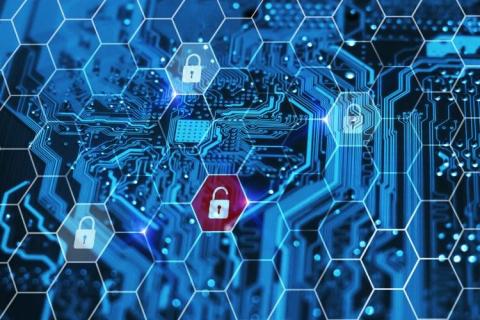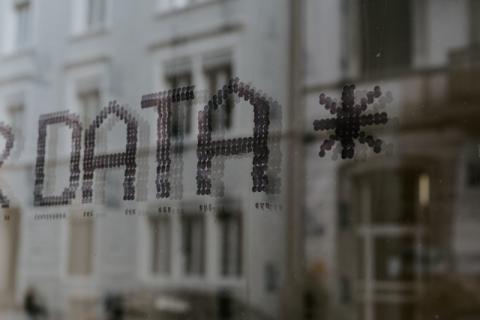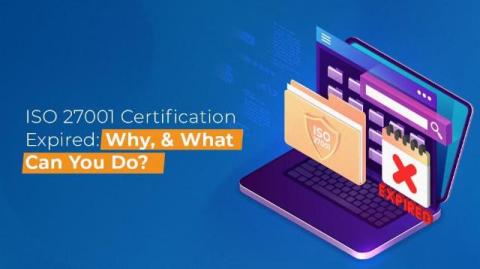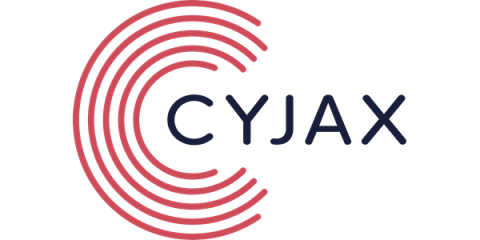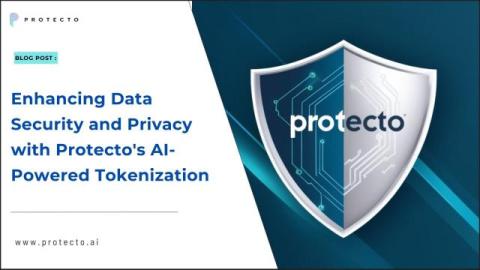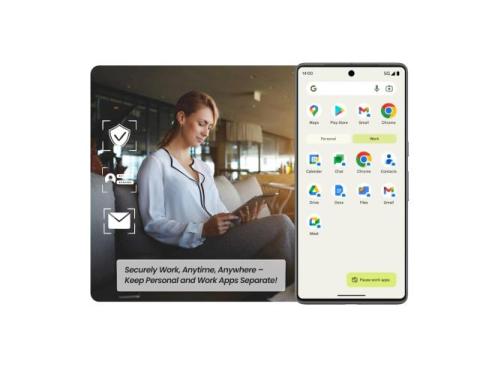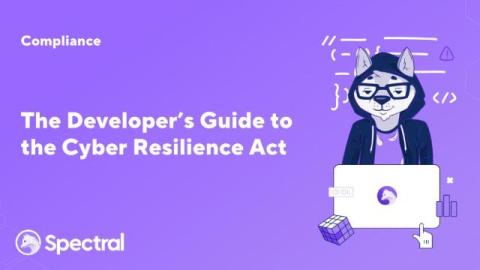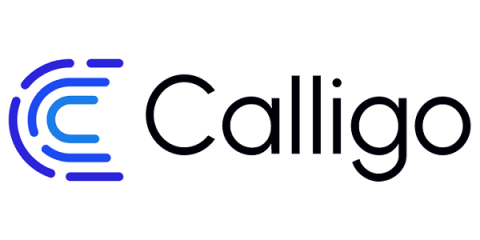How Music Apps are Changing the Way We Learn Instruments
As digital learning tools rise within music education, their innovative approach reshapes how we engage with instruments. Gone are the days of tedious scales and endless theory. Today, apps like Yousician and Simply Piano offer interactive lessons, gamifying the learning experience. These apps provide instant feedback, adjusting difficulty levels to match user progress, thus personalizing the learning journey. With features like real-time pitch detection and rhythm tracking, a budding guitarist can hone skills without an instructor.



